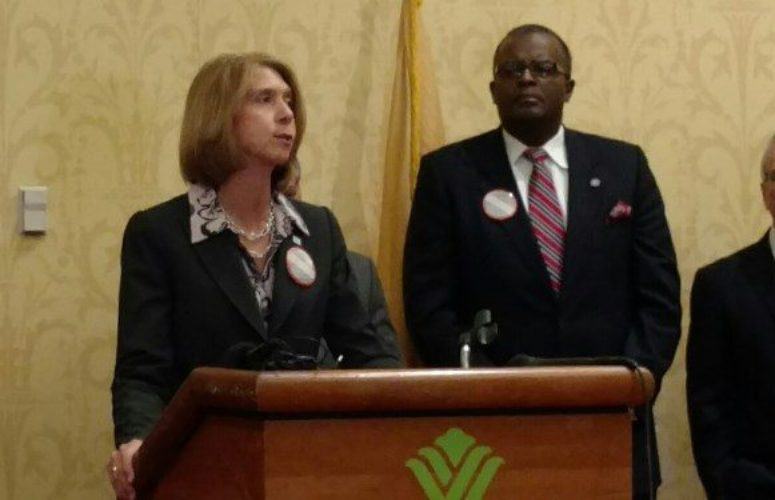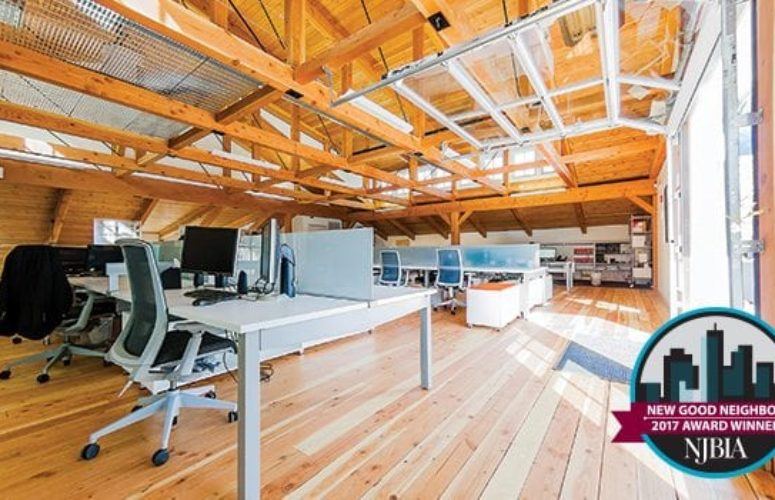
Fortgang Stresses ‘What If’ Scenario Exercise at Not-for-Profit Summit
By Anthony Birritteri, Editor-in-Chief On Feb 24, 2021For motivational speaker and personal coach Laura Berman Fortgang, not-for-profit organizations, businesses and individuals must plan for a “what if” scenario as we continue living through the COVID-19 pandemic.

“That is the challenge I put forth to everyone – and one I used in pivoting my business when COVID-19 hit. You have to think: ‘What if my business doesn’t come back?’” she said.
For not-for-profits, the challenges could be “not having the same level of funding, not being able to hold large benefit galas, not being able to see people in person again. … Not that these things will never happen again, but you have to think outside the box,” Berman Fortgang said.
One strategy in keeping or attracting customers or donors in this era of virtual communications is finding ways of keeping people better engaged. First using the example of a recent soft drink commercial in which a family bonded around a particular beverage during the pandemic, Berman Fortgang explained that corporations are now using heartfelt messages to get people to buy their products.
She then told the audience of not-for-profit leaders that they “have to hit harder” with their own messages, adding that it’s not so much about telling the story of an organization’s financial woes, but telling the story about who the organization is serving and doing it in a more impactful way. It could be a message about how the pandemic is negatively impacting the groups being served more than ever before, Berman Fortgang explained.
Another avenue she discussed was creating “experiences” during virtual meetings or events by, for example, mailing attendees items that will be used during a planned Zoom conference. “Since we lose the camaraderie – the togetherness – how do we make the Zoom event tactile?” she asked.
A mailed item, for example, showing up at my door “makes me keep my Zoom date because I am curious on what we are all going to do together,” Berman Fortgang explained, giving the example of a soup kitchen that mailed a recipe to attendees who were all going to preparae the dish over a Zoom conference. The soup kitchen then picked up the meals at participants’ homes.
She stresses such a project must touch the organization’s mission and does not just entertain and educate.
“These [concepts] are great and I don’t think they are going to go away when [things get back to normal.] Maybe when we get together in person, things will be more interactive,” she says.
Berman Fortgang also touched upon the need for collaboration during times of limited resources. She advises that people not be territorial and should think about the overall mission when teaming up with another organization. She said organizations must ask: “Do we need to be doing joint events? Do we need to be sharing resources? Are there people whose expertise could help us? Is going where we both want to go better achieved by being together?”
On another front, Berman Fortgang discussed the difficulties of making people accept change: “One of the biggest things people hate to do is change. The reason why we resist it is because it’s uncomfortable and painful at times.
“How do you help someone bridge the gap and change? You explain the adage that discomfort equals growth. Reframe the conversation about change from being ugly to being a growth opportunity,” she said.
Finally, Berman Fortgang said the current crisis is temporary, but no one can stand still waiting. She reiterated the “what if” exercise. “Go back and find out how you need to operate. You will find that when [the crisis ends] and everything comes back, you will have discovered that the new ways of doing things have made you better … and maybe you won’t need to go back to the old ways.”
To access more business news, visit NJB News Now.
Related Articles:





